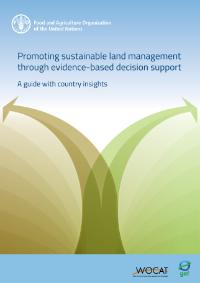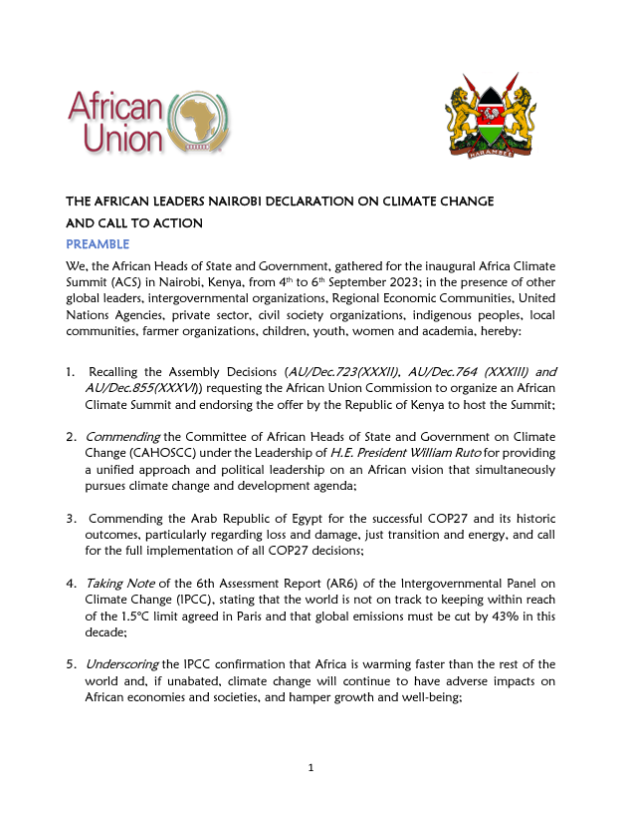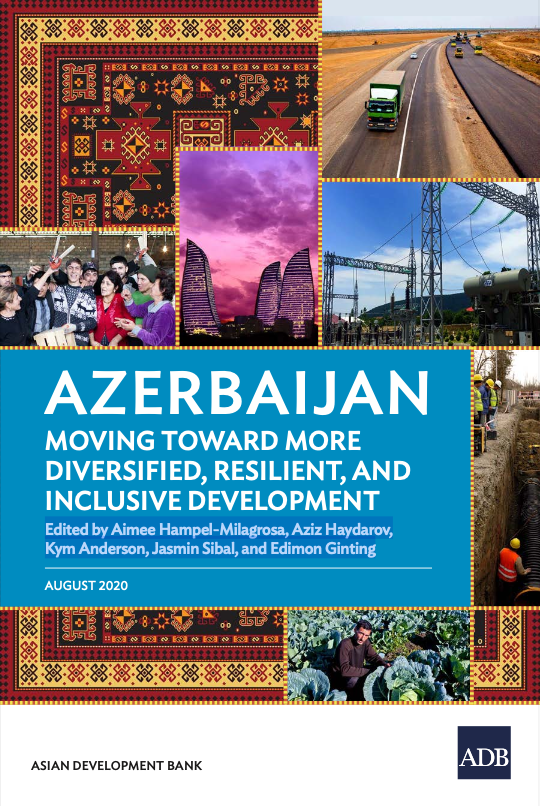Getting Financed
Like many organizations working in the tourism sector, the authors believe that private sector investment is one of the key drivers of development. Over the past few years, the private sector has been a central innovator in forging business partnerships with local communities for tourism purposes around the world. Having demonstrated some extraordinary development results, joint ventures increasingly need to demonstrate their commercial viability over the long term.








